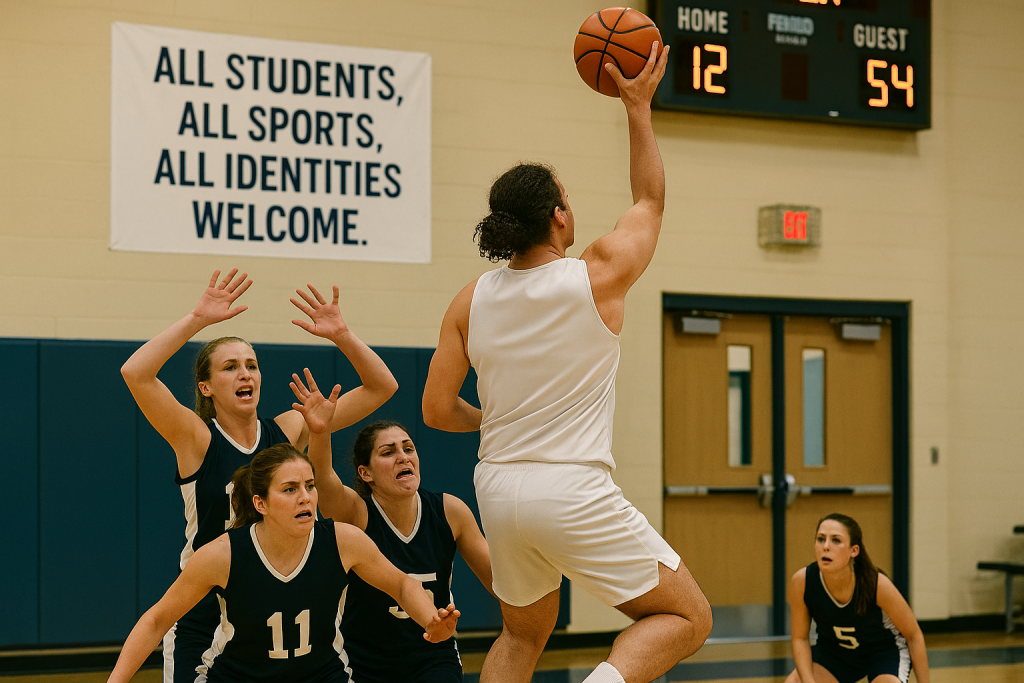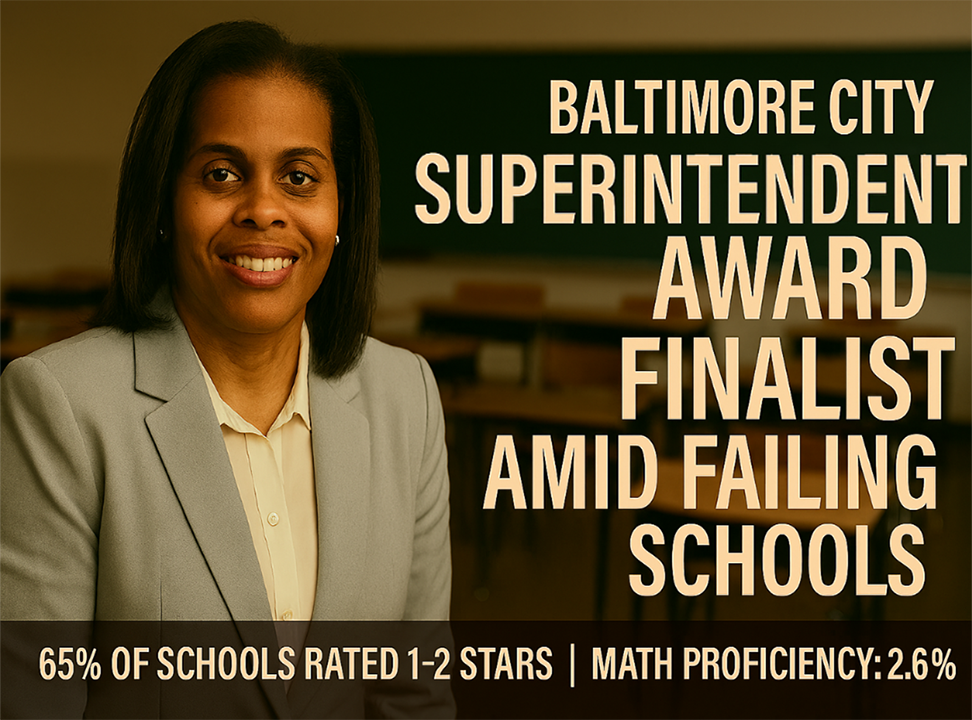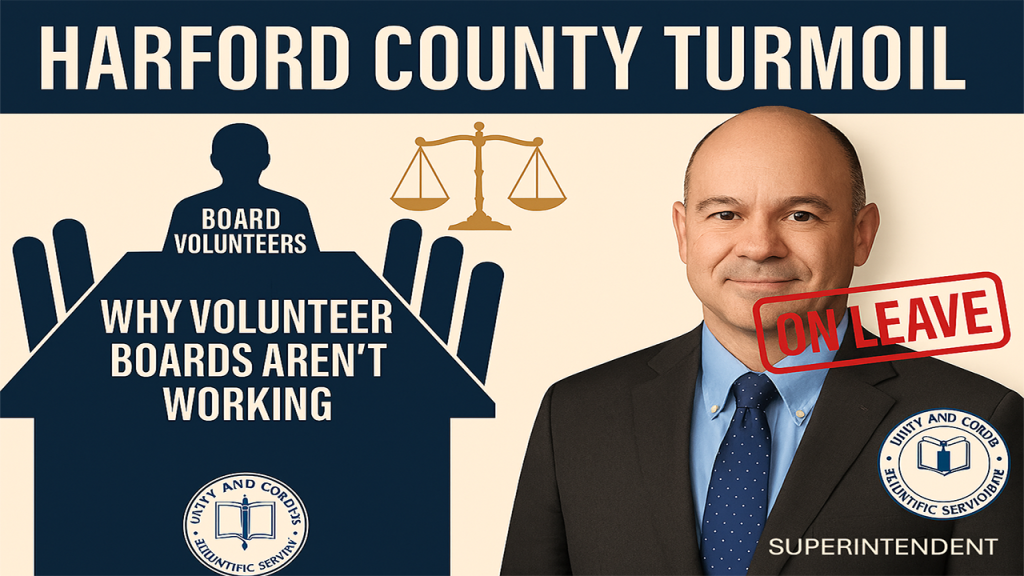
Do Future Teachers Have Math Anxiety? Their University Instructors Think So
Each time Xiuwen Wu greets a new class of preservice teachers studying math education at National Louis University in Wheeling, Ill., she asks them to take a survey.
It asks about the future teachers’ experiences with and attitudes toward math. Each year, she says, between one-third and one-half rate themselves as being anxious about the subject.
At least 50 percent say they don’t look forward to teaching math, said Wu, an associate professor of special education. But by the end of the semester, those survey responses change. “The number of people who feel more comfortable with math content—and feel more comfortable teaching in the future—increases a lot,” she said.
This challenge Wu faces—helping future teachers not to fear one of the subjects they will have to teach—perhaps isn’t something professors thought would be in their job description.
But most math instructors and math education instructors at the college level—88 percent—think that their students have at least some anxiety about math, according to recent results from the EdWeek Research Center.
As part of Education Week’s coverage of math instruction, the EdWeek Research Center surveyed a nationally representative sample of 373 postsecondary math and math education instructors in June and July of this year. Of this group, 126 taught only math courses with at least some pupils who would become K-12 teachers, 142 taught only math education courses (typically as part of teacher education programs), and 105 taught both.
What’s your toolbox for supporting a group in front of you where almost 90 percent of them might be scared of the subject you’re teaching?
We wanted to understand the philosophies and practices that undergird math education for future teachers, and how those in turn shape what happens in K-12 classrooms. (The Bill & Melinda Gates Foundation provided financial support for the survey. EdWeek designed the survey instrument and maintains sole control over articles informed by the results.)
This third of three stories focuses on postsecondary instructors themselves—their training, their tenure, and their perspectives on the students that they teach.
The results show a faculty workforce with long experience in the field, many of whom received their own training in math pedagogy in their undergraduate or graduate programs.
Instructors also say that the future teachers they teach face challenges—most think that their students have at least some math anxiety, and they’re split on how well-prepared they believe future teachers are for college-level math coursework.
Most math and math education instructors have years of experience
Most instructors in the survey, both in math courses and in math education courses, have been teaching at the university level for over a decade. Almost a third have been teaching for more than 20 years.
Forty-six percent of respondents were tenured faculty. Another 16 percent were on the tenure track.
The majority of these instructors have some training in math pedagogy. Most received this training in their own undergraduate or graduate education.
If most university instructors have been teaching for years and received most of their training as part of their own college education, it’s possible that their knowledge base is outdated, said Sarah Powell, an associate professor of special education who studies math instruction at the University of Texas at Austin.
“People don’t often change their approaches to teaching beyond what they initially learned, or how they initially learned, in graduate school,” she said.
Many university instructors who teach the same course every year don’t make significant changes regularly, such as swapping out the textbooks they use or altering big assignments, Powell said. It’s a pattern she’s even fallen into herself, teaching the same math methods course for the past five years.
“At some point, that class is just humming along,” she said. “I think this is where we get stuck in these ruts.”
It can be harder for new research to get to preservice teachers when instructors don’t consistently update their courses, she said.
K-12 teacher preparation for college-level math
The survey also asked instructors about perceptions of their students. In survey questions and open-ended responses, instructors said that their undergraduate and graduate students weren’t always well-prepared for the challenges of university coursework.
When asked whether future K-12 teachers were as well prepared for math coursework as their other students who are not preparing to be teachers, math professors were split. Fifty-four percent said future teachers had about the same level of preparation as other students, while 27 percent said future teachers’ preparation was worse and 19 percent said it was better.
The numbers concerned Tara Warren, a math instructional coach in the Santa Monica-Malibu Unified district in California.
More on Math
“I really was hoping that would be a better result,” she said. Over the past 10 years, she said, schools have adopted new math standards and have tried to improve how they’re preparing children.
“I was hoping … it would show that we were getting significantly better, rather than staying the same,” she said, as teacher prep programs are now seeing students who have been through this updated approach to math education.
In open-ended responses, instructors cited different underlying difficulties that their students have.
Several mentioned poor numeracy and basic skills—such as fluency with fractions. “They have no idea how to check whether an answer is sensible, only whether it’s correct,” said one instructor.
Others said that students are hesitant to try multiple approaches, or deviate from the procedures with which they are comfortable. “They have difficulty modeling or making a representation of a concept,” said another instructor.
How can instructors address student math anxiety?
Most instructors said their students experience some or a lot of math anxiety.
“I’m not surprised, particularly if you’re talking about multiple-subject credential teachers,” said Kyndall Brown, the executive director of the California Mathematics Project, a professional development network.
“Many of them didn’t necessarily take a lot of math in their undergraduate programs. They may not have as strong of a background in mathematics—[though] that’s not always the case,” he said.
The numbers also didn’t surprise Afi Wiggins, the interim managing director of the Dana Center, a math research and technical assistance organization at the University of Texas at Austin. She has taught college-level statistics courses in the past.
“Before I open my mouth about anything, they tell me, ‘I can’t do statistics,’” she said of her students.
Even at the college level, it’s part of an instructor’s responsibility to make sure that students leave the class with less math anxiety than they had at the beginning of the semester, Wiggins said. In her classes, she has tried to do this by connecting statistics to real life for students, to demonstrate that they already see and interact with the discipline.
“I start connecting it to polls that they see on television, or other things they see in their everyday life,” she said. But she was curious whether other math instructors who responded to the survey felt the same responsibility.
It’s a question that came up for Brian Bushart, too. A 4th grade teacher in West Irondequoit Schools in New York, Bushart noted that most of the instructors said that they themselves did not experience math anxiety—58 percent said they didn’t experience it at all, 25 percent said they experienced it a little, and only 17 percent said they experienced it some or a lot.
Bushart wondered: “What’s your toolbox for supporting a group in front of you where almost 90 percent of them might be scared of the subject you’re teaching?”
Wu, at National Louis University, tries to ease students’ fear by preparing them with tools they can use.
She teaches about universal design for learning, an approach that comes from disability advocacy in which instruction is designed to meet the needs of all learners. She introduces them to resources they can use, including math games that they can implement in the classroom.
“We do practices, we do rehearsals, throughout the coursework,” Wu said.
The goal is to reassure her future teachers that there are multiple ways to reach all kids—and to help them.
Dig Deeper With Our Longreads
Newsletter Sign up to get our best longform features, investigations, and thought-provoking essays, in your inbox every Sunday.
The MEN was founded by John Huber in the fall of 2020. It was founded to provide a platform for expert opinion and commentary on current issues that directly or indirectly affect education. All opinions are valued and accepted providing they are expressed in a professional manner. The Maryland Education Network consists of Blogs, Videos, and other interaction among the K-12 community.








